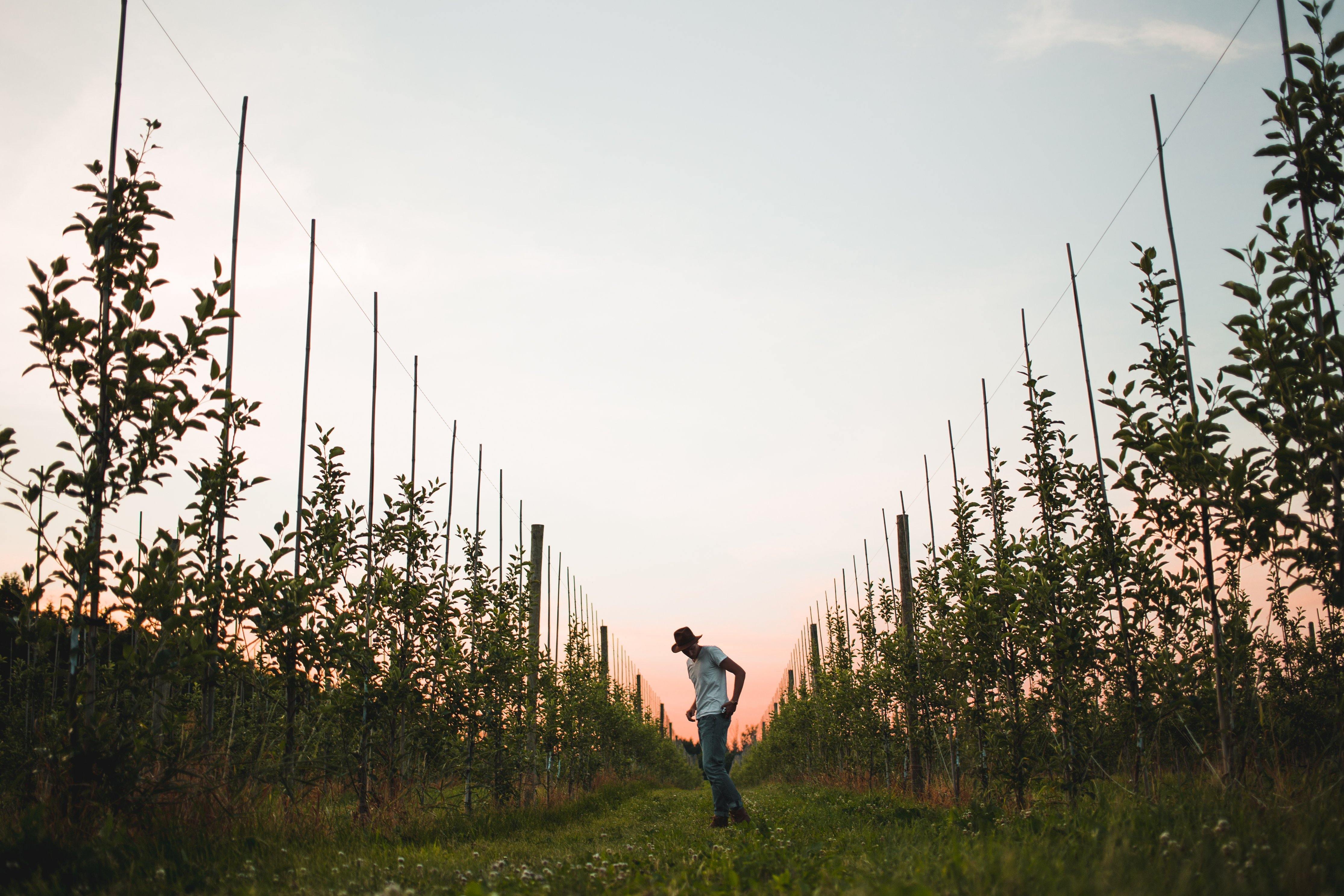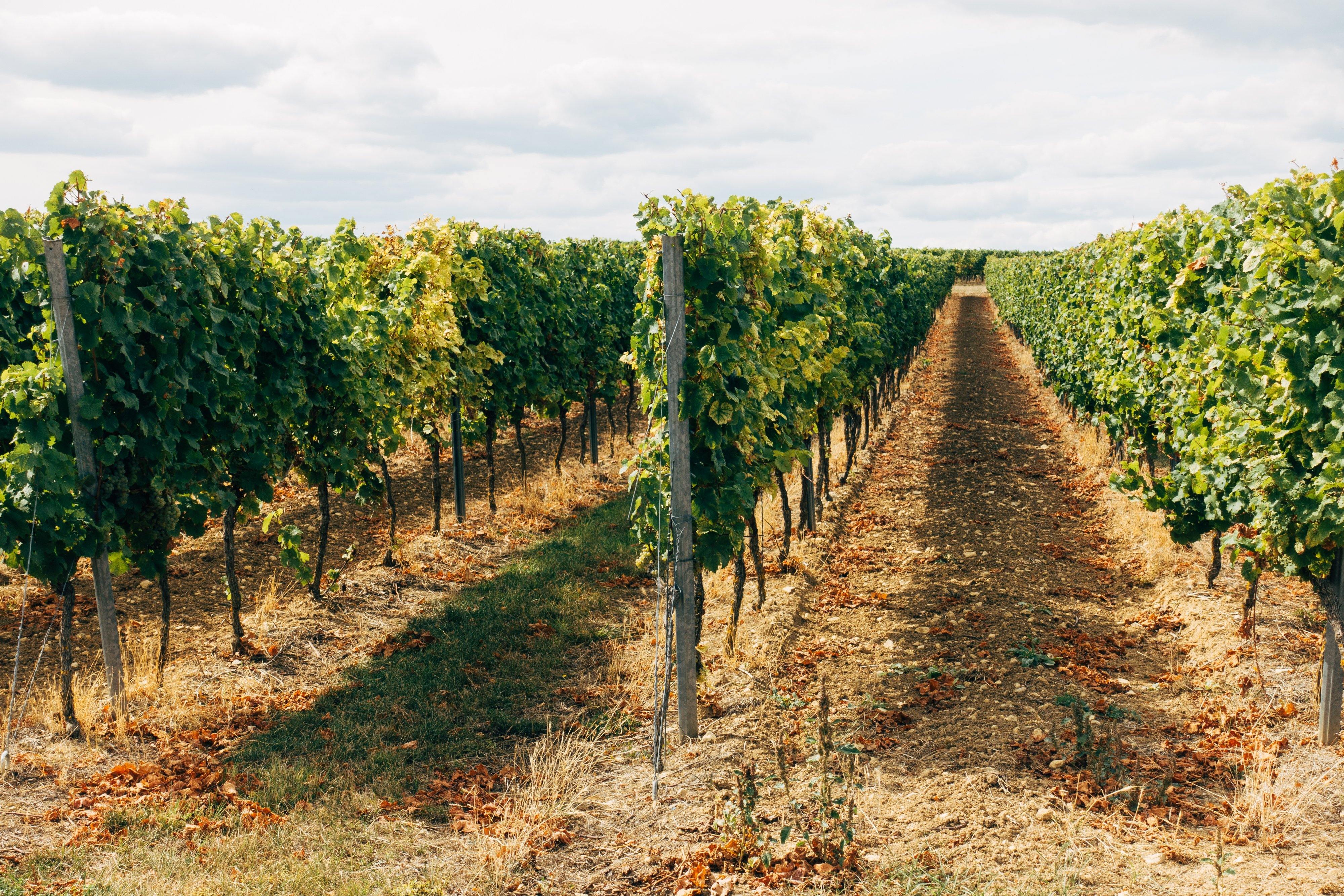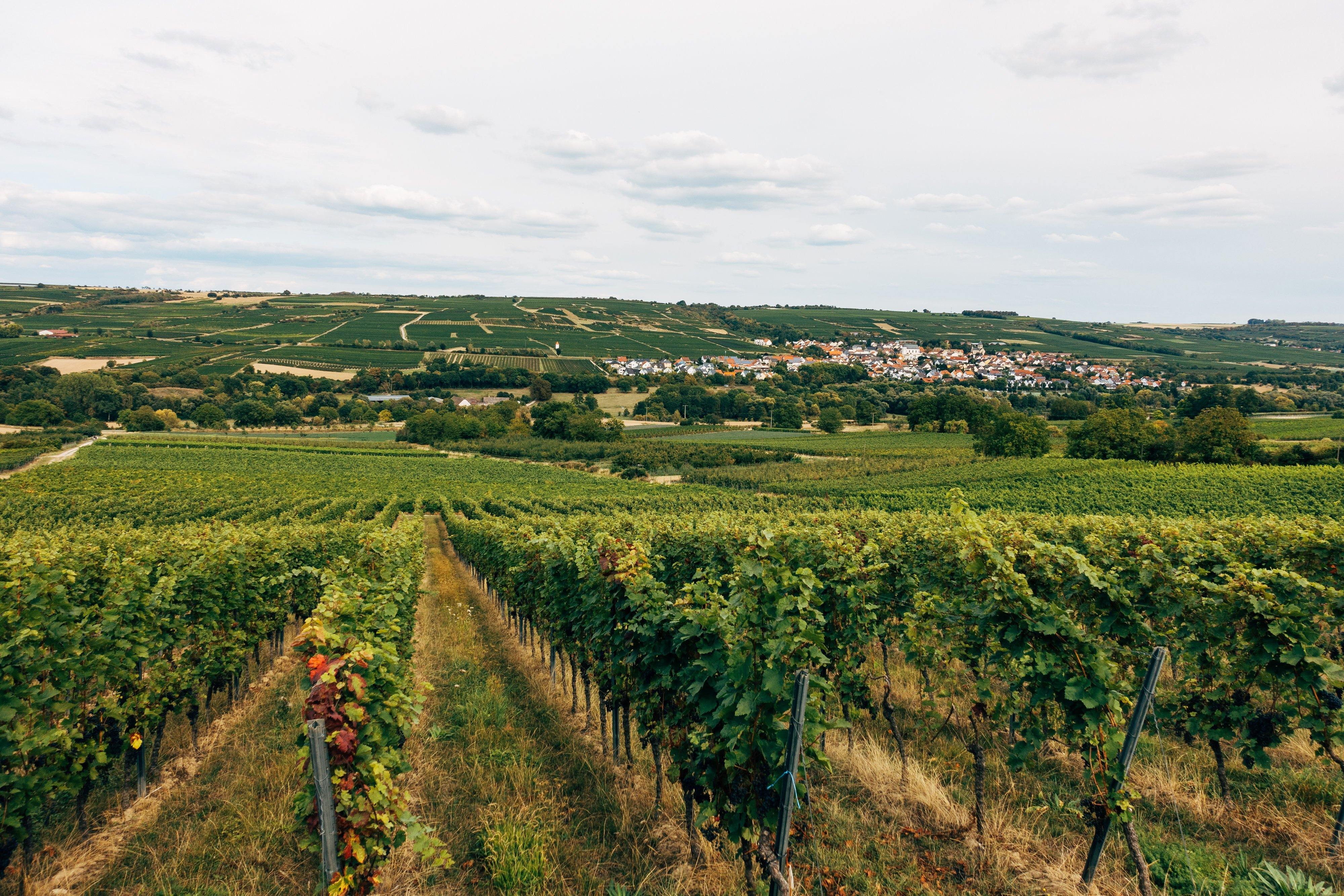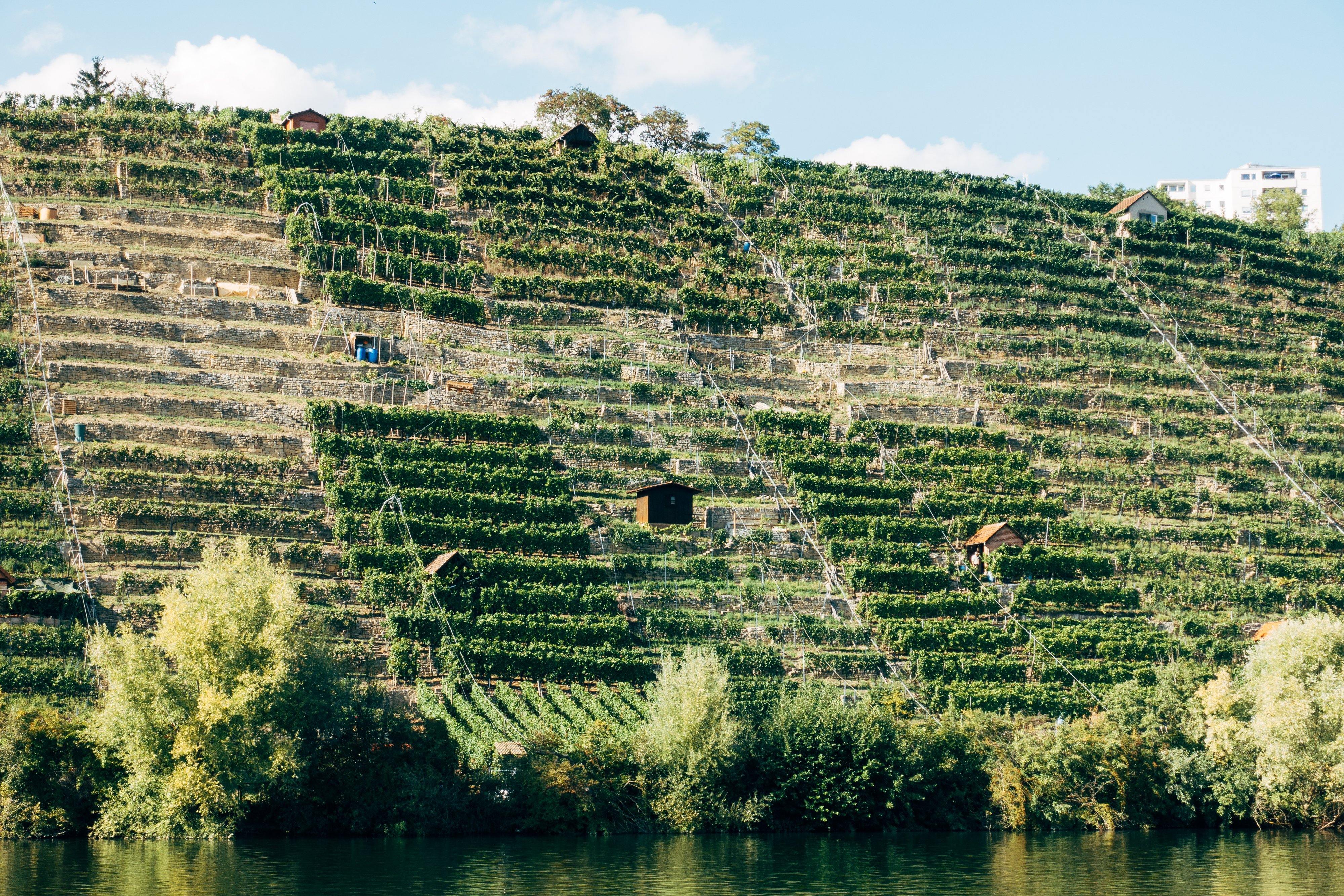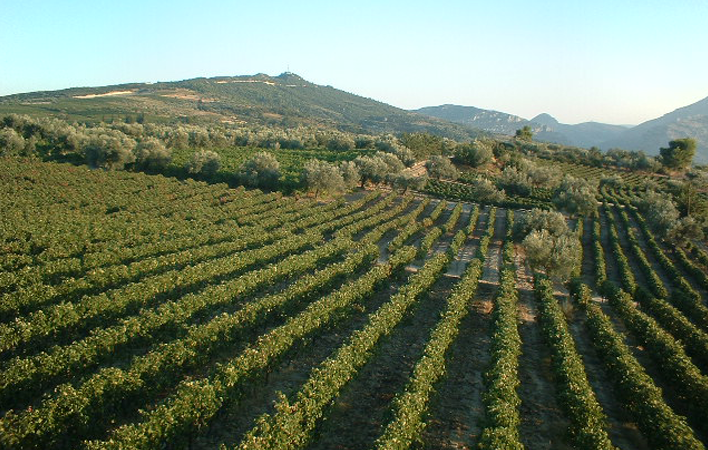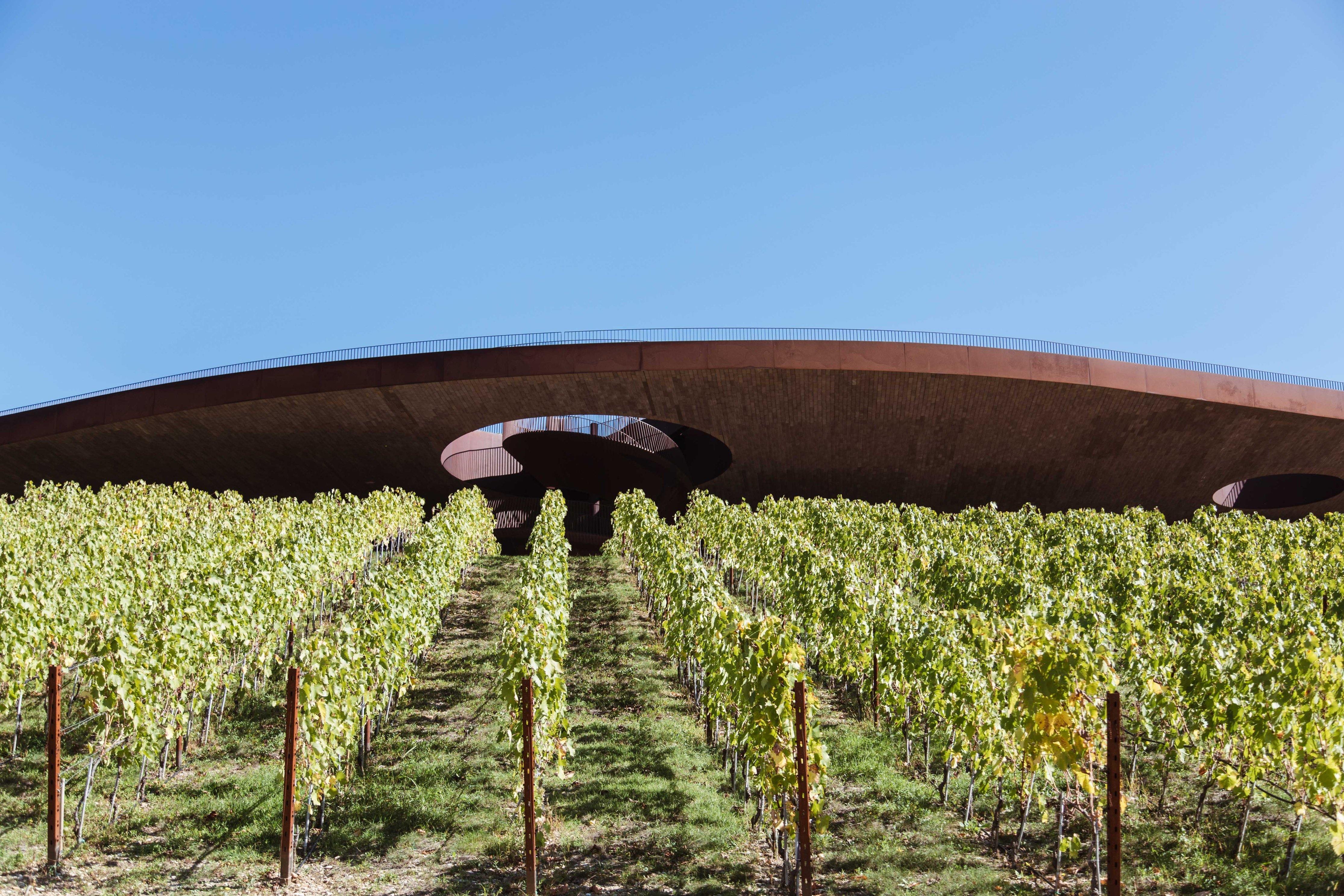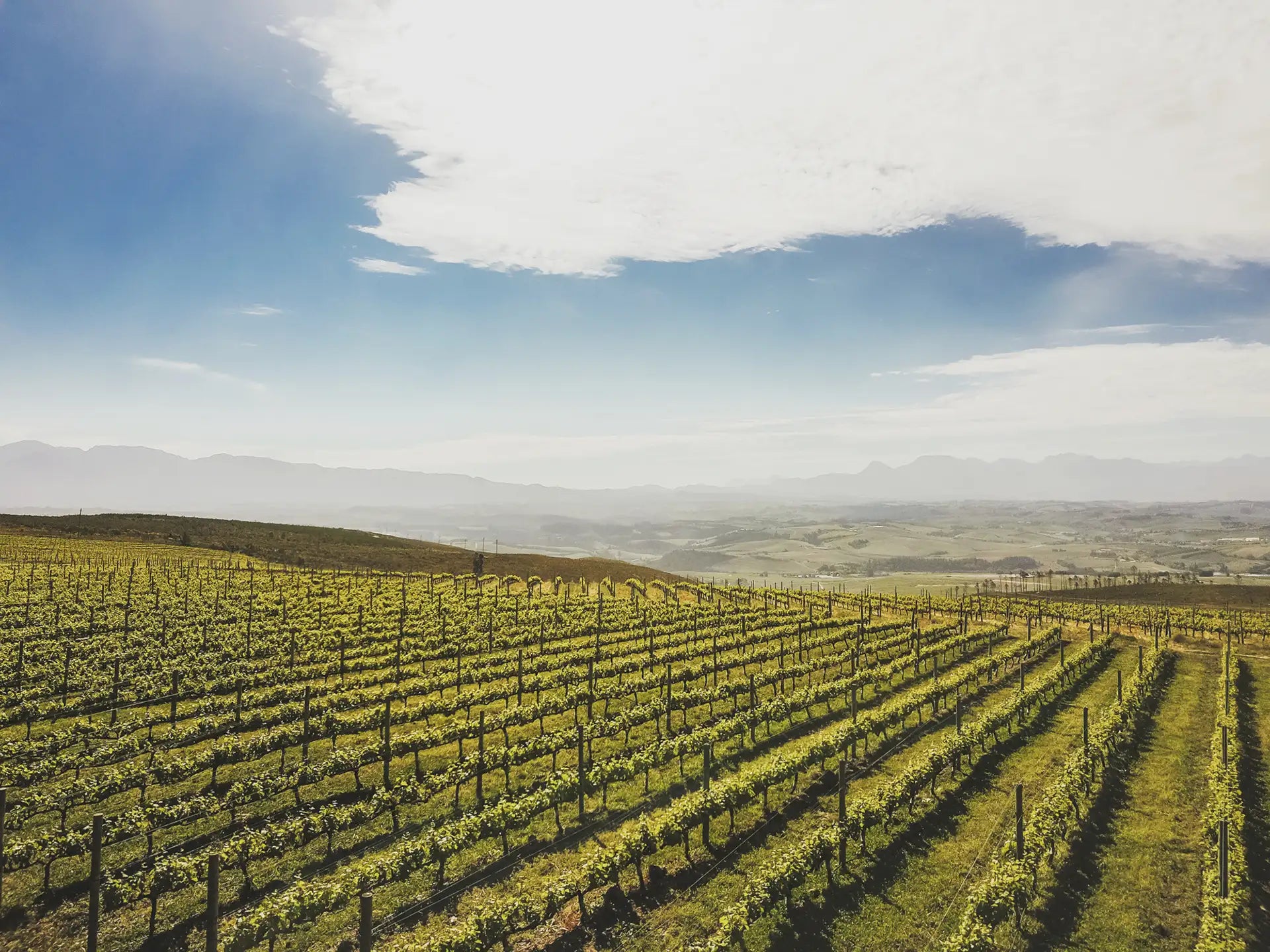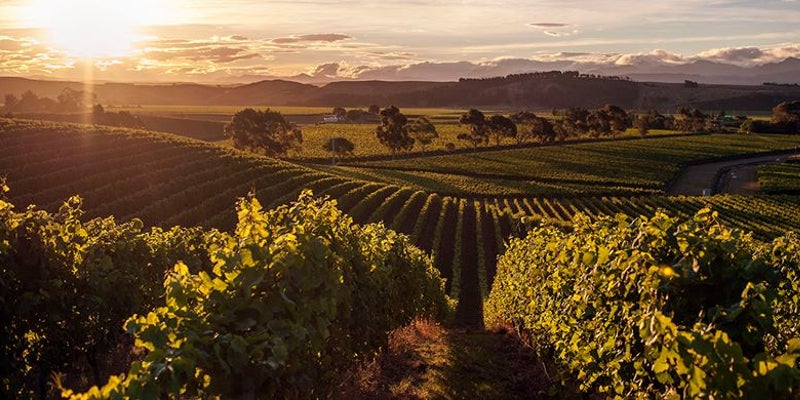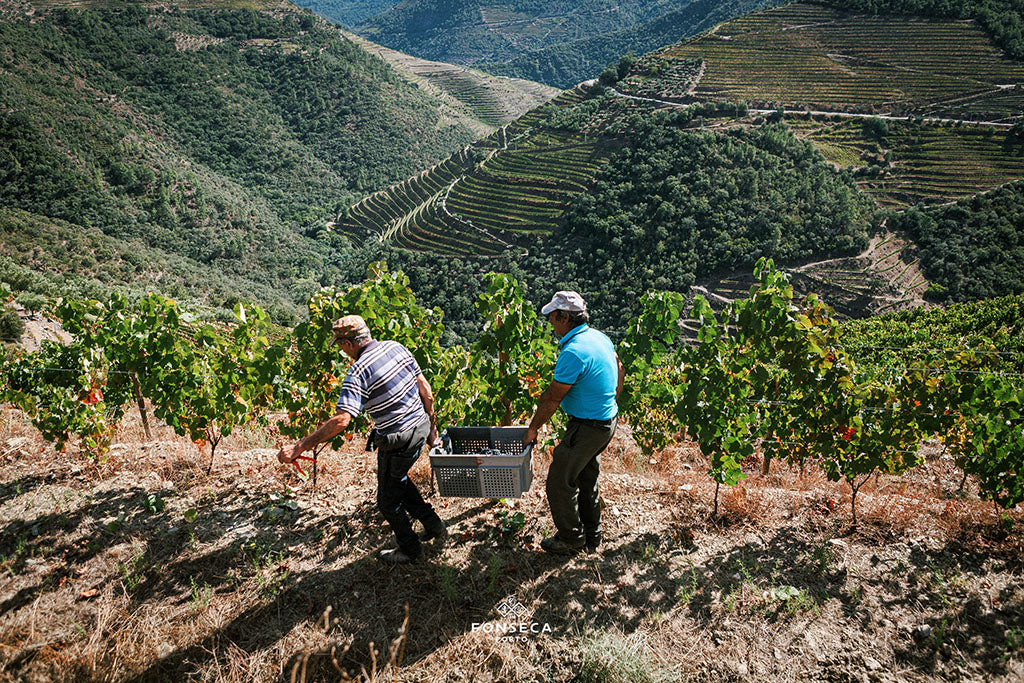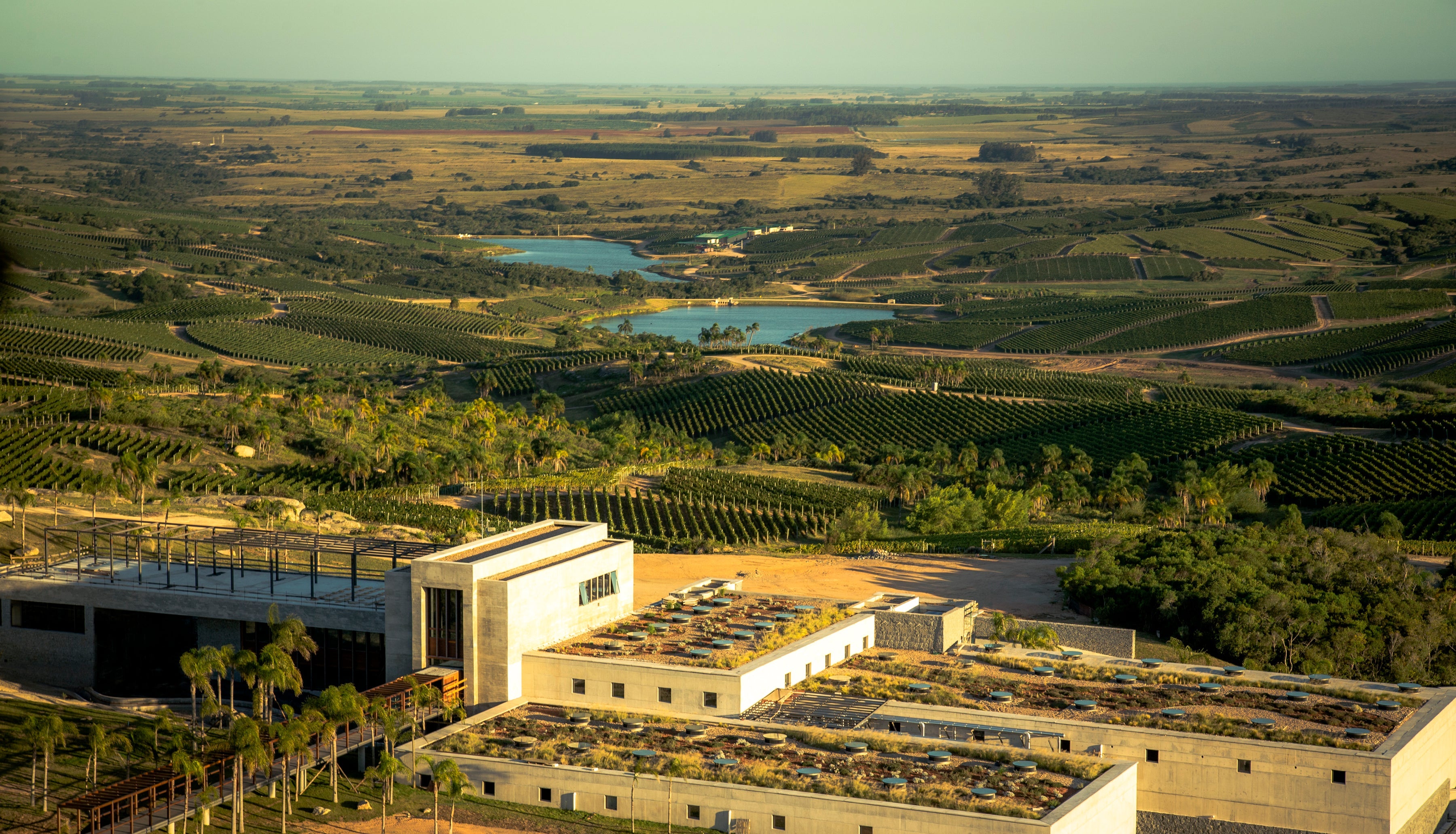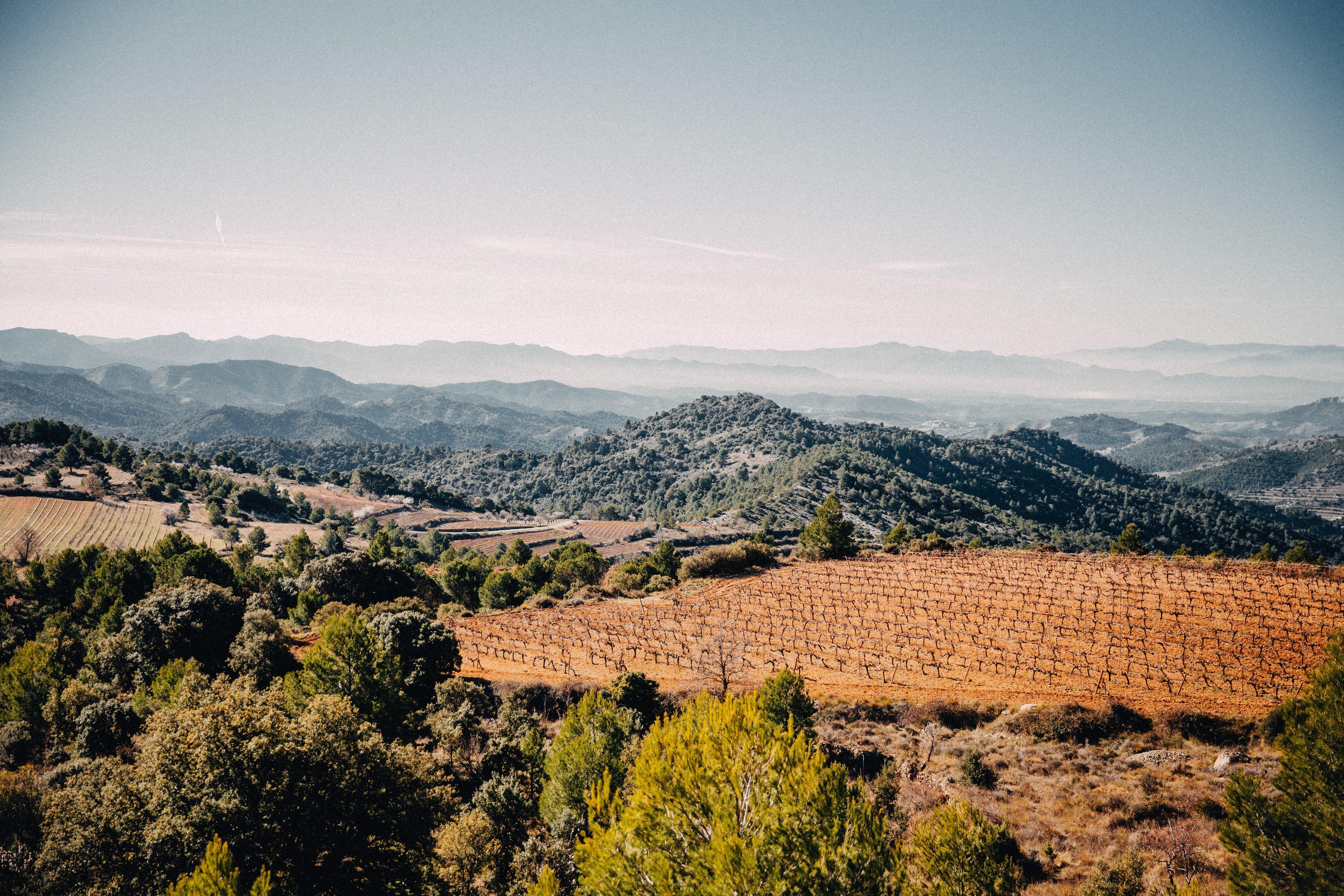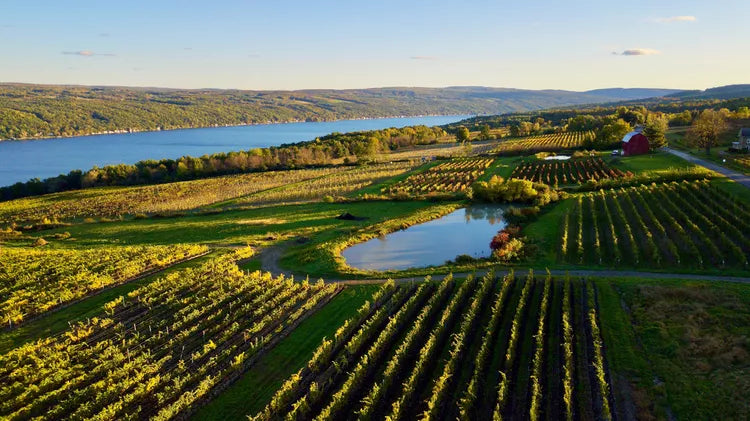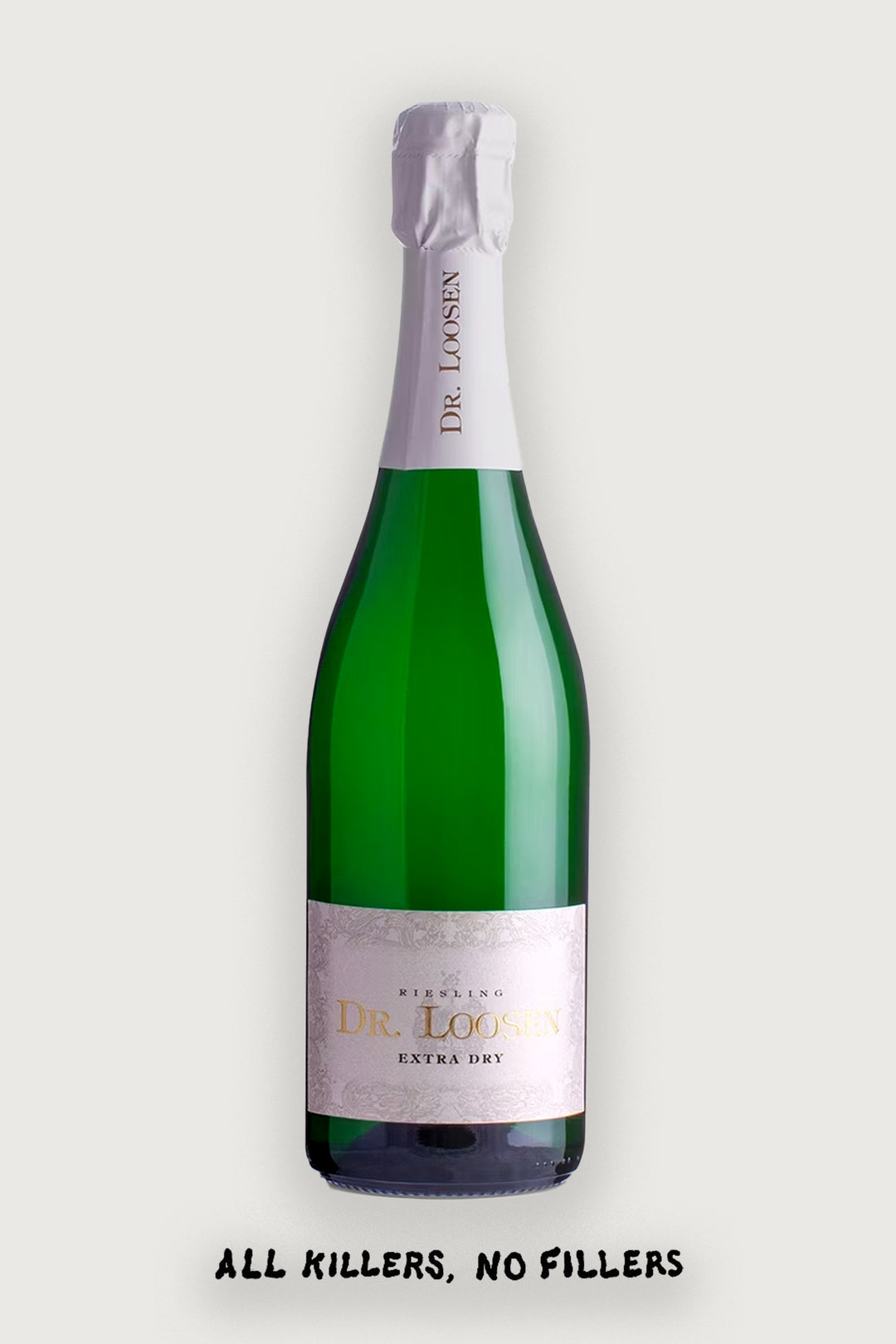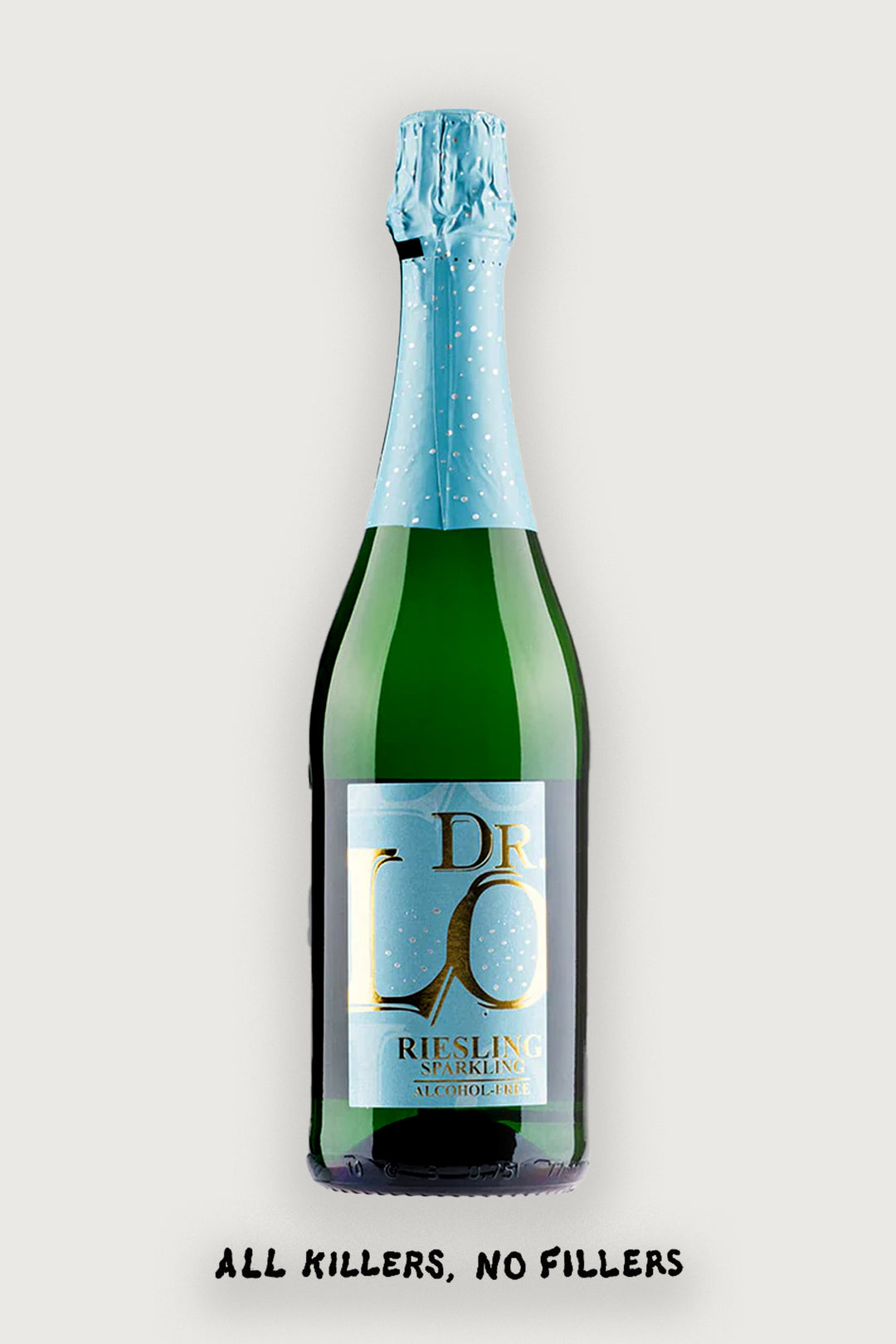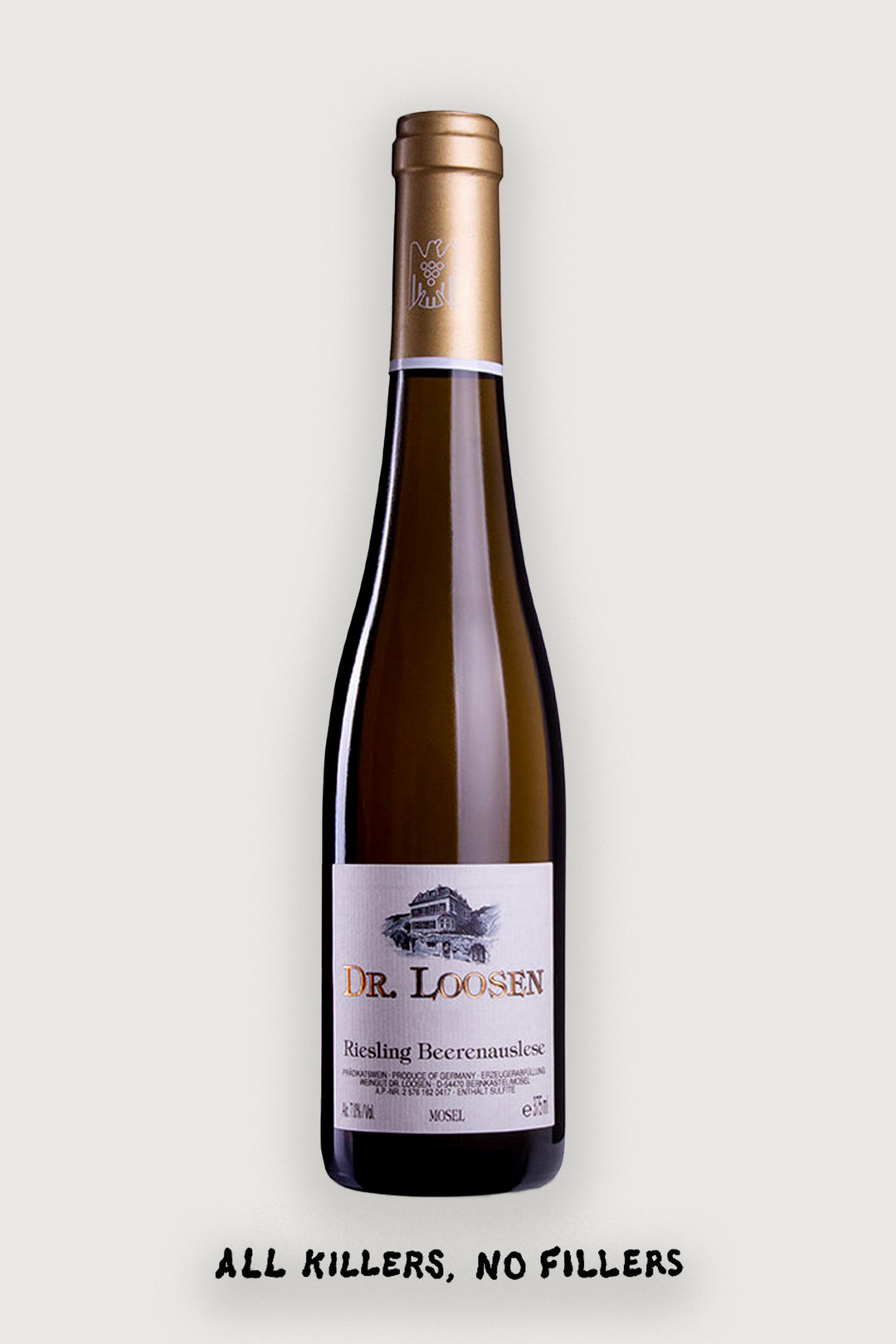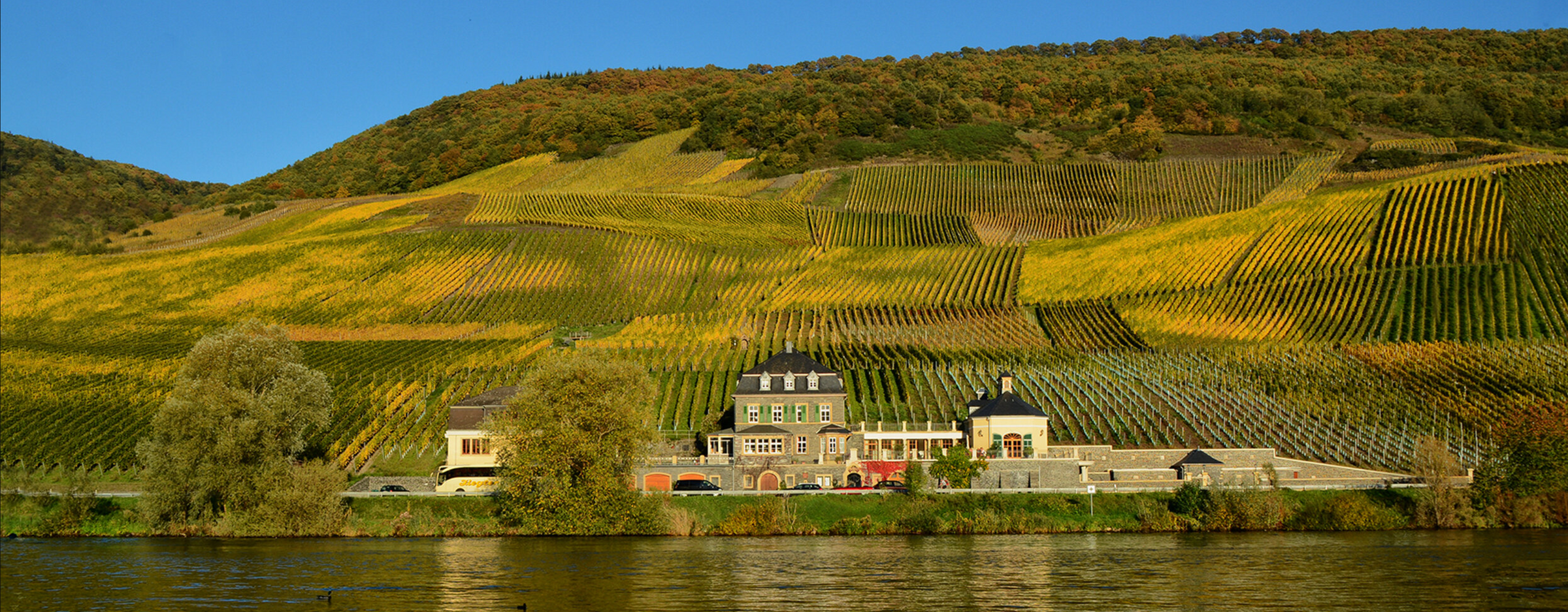
Dr Loosen
The Dr. Loosen estate has been in the family for over 200 years and possesses some of Germany’s most respected and spectacular vineyards. Top sites from the villages of Bernkastel, Graach, Wehlen, Ürzig and Erden present their own different characteristics like red slate, blue slate, red volcanic conglomerate soil, dangerously steep slopes and in some cases ungrafted vines that can be up to 140 years old. Whatever factors come into play it is clear that they contribute to the unique and exhilarating discoveries that can be found upon opening up a bottle of Dr. Loosen.
In the last few years Ernst Loosen has moved a great deal of his attention to producing dry wines in the traditional style of his ancestors. This means a focus only using healthy grapes, spontaneous fermentation, extended maturation of the wines in large wooden casks and an emphasis on letting his dry wines rest the full lees. This inspiration came to him after tasting an older Ürziger Würzgarten dry Riesling from the middle of the 1900’s that an old customer of his grandfather brought to him, and after that day he was driven by the question “what did they do in these days to make a dry wine so age-worthy.” This question may never be answered, but if you try his GG or even his GGR wines you will see that he is on his way to unlocking some of this great mystery.
The Villa Wolf estate (founded as J.L. Wolf) lies in the picturesque village of Wachenheim in the Pfalz region in Germany. It is named after the beautiful Italianate Villa which was built in 1843 in an era of great success for this region. Ernst Loosen, of the Dr. Loosen estate in the Mosel area, took over the winery in 1996. His idea was to bring the experience in Riesling winemaking from the Mosel to the Pfalz, as well as producing wines from grapes that are typical for the Pfalz area, such as Pinot Noir, Pinot Gris, Pinot Blanc, Gewürztraminer and Dornfelder. Patrick Moellendorf, who has been at Villa Wolf since 2011, is in charge of the viticulture and winemaking at Villa Wolf, and they have even applied for organic certification for the estate vineyards, which is a process that takes several years to complete and would make 2022 the first official year of organic certification. The concept of making extraordinary wines in the estate vineyards lies in sustainable, organic vineyard practices combined with gentle handling of the fruit and traditional, minimalist winemaking. Their entry level Villa Wolf varietal wines have always been great value in terms of quality, consistency and varietal correctness.


